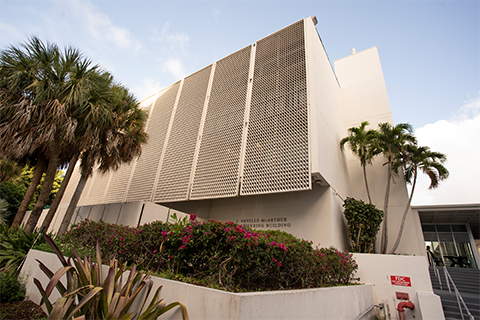Mission
The Center of Excellence for Teaching and Learning in Engineering will provide an organized platform to advance and pioneer educational initiatives in the College and University. The Center will act as a facilitator of active learning, greater diversity and inclusion, and faculty learning communities, as well as creating a bridge between the College and the university learning community as a whole. The Center will promote inclusive educational initiatives in the College and University.
*A formal mission and vision of the center will be decided upon, through strategic focus group meetings with all University and external stakeholders.
Areas of Emphasis
Within this thrust area, the Center of Excellence for Teaching and Learning in Engineering will have the following pillars, with opportunities to grow over time.





